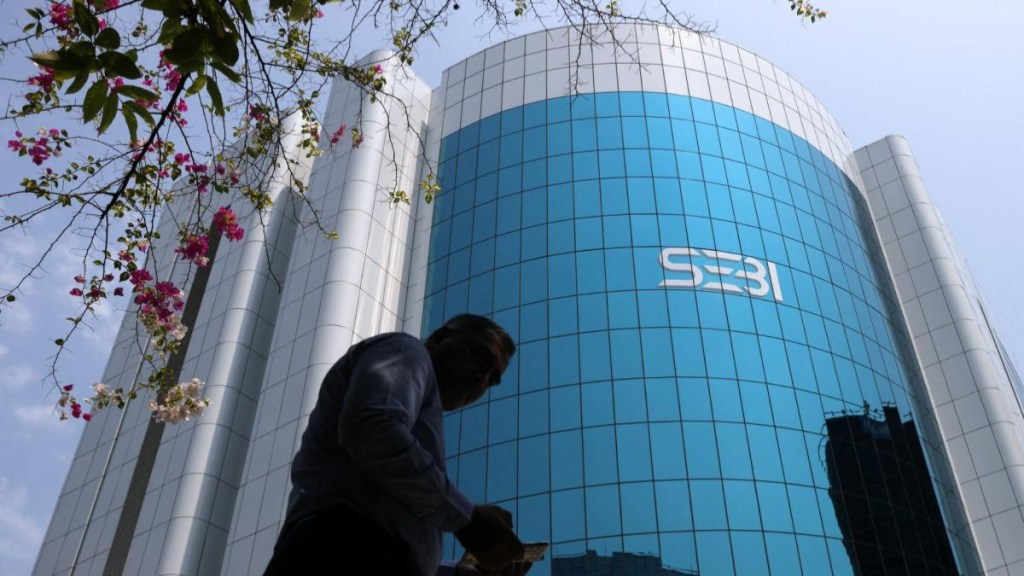The high-level committee (HLC) set up by the Securities and Exchange Board of India’s (Sebi) has proposed an overhaul of the existing conflict-of-interest guidelines to strengthen governance and transparency.
The 98-page report, which was made public on Wednesday, has given proposals to start the process from the pre-appointment stage itself. That is, the candidates may be asked to make pre-appointment disclosures of all actual, potential and perceived conflicts of interest, both financial and non-financial, to the appointing authority.
Once in office, the chairman and whole-time members could be defined as ‘insiders’, under the Insider Trading Regulations. They will also make mandatory disclosure of their assets and liabilities public – a first for the market regulator.
In addition, besides the top brass, employees with the rank of chief general manager and above file such declarations annually.
Importantly, the chairman and WTMs on joining will have to choose one of four options for their pre-existing investments – liquidate, freeze, or sell them according to a pre-approved trading plan, or sell them outright with prior approval.
The panel has also recommended that any new investments by Sebi’s top brass be made in regulated, professionally managed pooled schemes and capped at 25% of personal portfolios. However, part-time members (PTMs) may be exempt, due to their limited role in Sebi’s day-to-day functions.
Noting that there was inadequate enforcement and ethics infrastructure, it said “Disclosures are confidential and not reviewed substantively.”
So, there is a proposal to set up an Office of Ethics and Compliance (OEC) with a chief ethics and compliance officer as an executive director. The OEC will be overseen by an independent Oversight Committee on Ethics and Compliance (OCEC).
To tighten ethical conduct, a ban on the chairman and WTMs accepting gifts could be imposed — directly or indirectly — from any person or entity with whom they have official dealings, except for items of small value given at public events or ceremonies.
The whistleblower system is also being strengthened through a mechanism for both internal and public complaints, ensuring independent handling and protection for whistleblowers under the OEC/OCEC.
Further, the definition of ‘family’ for the purposes of disclosure and conflict management has been substantially broadened to cover a Sebi board member’s or employee’s spouse, dependent children, anyone for whom they act as legal guardian, and other blood or marital relatives who are financially dependent on them.
Interestingly, a cooling-off period has been proposed for former members and senior officials could be barred from appearing before or against Sebi for a period of two years and must disclose any ongoing employment negotiations before exit.
Said Nazneen Ichhaporia, partner at ANB Legal, “Time and again we have been given a reality check that Sebi’s current conflict of interest and disclosure framework has been inadequate and in dire need of an overhaul to promote transparency and public trust.”
Recording recusals:
The committee has also proposed to plug one of the most important loopholes in the system – record of recusals being done by top members.
While the primary responsibility of declaring conflicts of interest lies with the individual, it has been proposed to create a digital repository of financial and non-financial disclosures capable of automatically flagging actual or potential conflicts using materiality thresholds.
Summaries of recusals by senior officials — including the chairman, WTMs, part-time members, and senior staff — should be published in Sebi’s annual report to enhance transparency.
It should be noted that in 2024, responding to an RTI, Sebi had said that they had no records of then-chairperson, Madhabi Puri Buch’s recusals.
“If someone has recused themselves, there should be some ready-made database. There has to be a definition of what is a conflict-of-interest and vice-a-versa,” chairman Tuhin Kanta Pandey had told FE earlier.
The market regulator had constituted the committee at its March 2025 board meeting amid allegations of conflict of interest raised by the now-defunct Hindenburg Research against Buch.
The committee was chaired by Pratyush Sinha, former Chief Vigilance Commissioner, with Injeti Srinivas, former Secretary, Ministry of Corporate Affairs and ex-IFCSA Chairman, as vice-chairman.
For the record, the Lokpal gave Buch a clean chit in the Hindenburg case later, stating that allegations against her were based on presumptions and lacked verifiable evidence.
